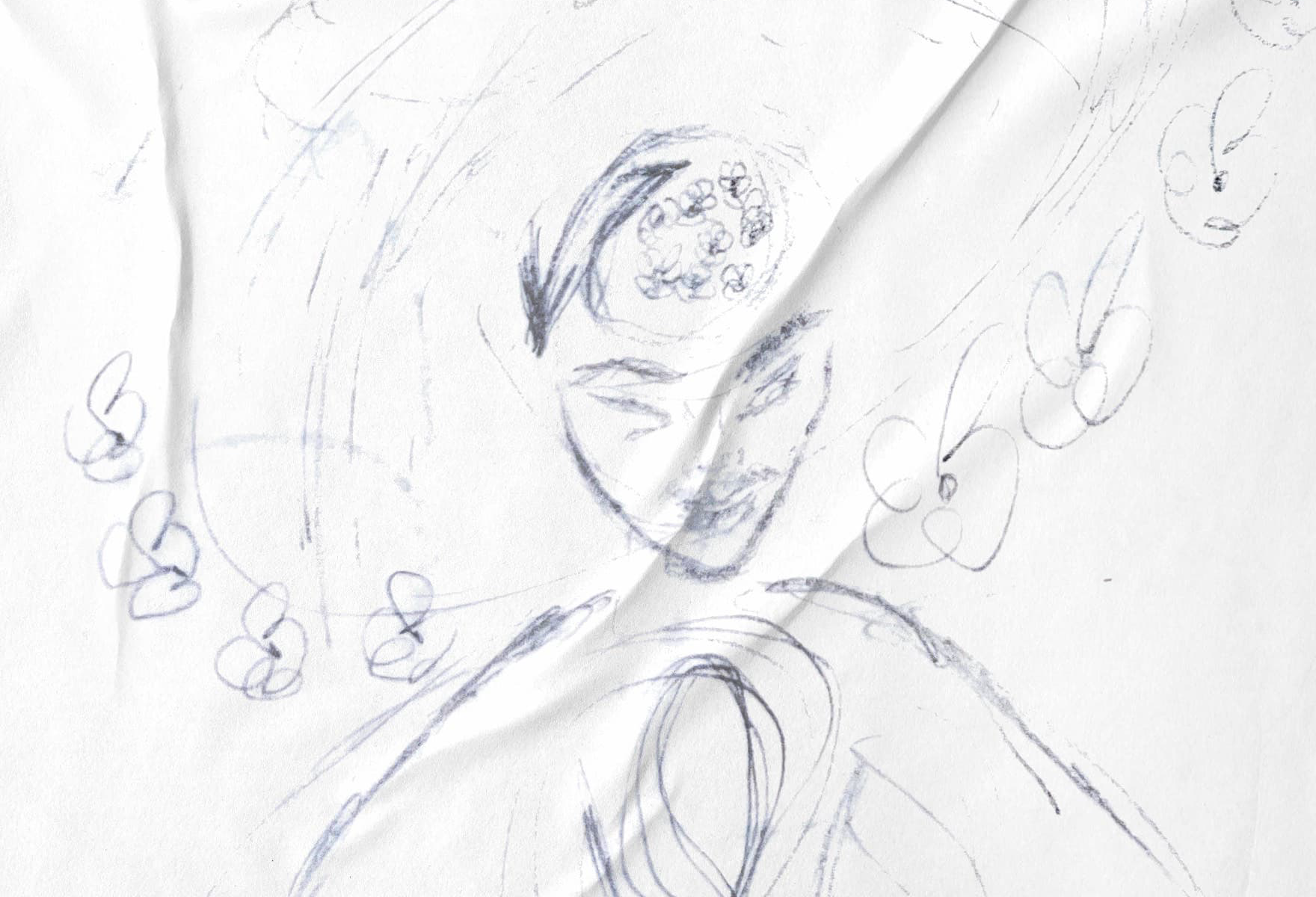By Walker Hardy
A jolting sound is sent through my system, causing my eyes to wire open at 7:00 a.m. – it’s time to start the school and work day. I sluggishly get out of my bed and start to get ready, dissociating and waiting for my system to wake up.
Looking at my reflection, my system is awake now and my mind seems to start to think about all the stressors in my life; my living situation, my health, what’s gonna happen if… I allow my anxiety to drive me up a wall.
I pick out my favorite sweater, one that will give me security and comfort as I throw together avocado toast with pepper and Sriracha. I rush out the door to make my 9:30 a.m. lecture and try to forget my stress. Just keep pushing.
I continuously ignore the tension in my body, hoping for the moment I can unlock the red front door to my home, my comfort place. I get to my safety box of a room and plop down onto my office chair. My body feels heavy and my head leans forward as my eyes become watery from feeling stuck, frustrated and tired in life and school.
I look up at my yellow post note on my clipboard that says, ‘remember impermanence.’
As a newer TGC member, there have been moments when I’ve felt worried and overwhelmed with the responsibility of working with real-world clients. I felt stuck with dealing with the heat, however, I tried to remind myself that feelings come and go.
I nurture myself to the idea that if I feel stuck, that’s okay, it’s new and I will get the hang of it.
Reminding yourself that you will feel differently soon is the theme of impermanence.
Impermanence in the workspace environment has been a key outlet for me to remind myself that things can be new and scary but they could eventually turn into something beautiful and beneficial.
The things that don’t change in life become secure, giving you that sense of familiarity and belonging. Yet that security body feels can bring the feeling of permanence; everlasting, however, that personally leads me into a deep, dark spiral.
On the flip side of permanent things, Buddhism interprets impermanence as events in the environment in our physical, internal and emotional skeletons that will continuously change, evolve and grow.
Buddhism ideologically, whether (Annica or Anitya,) defines impernance as being a theme of
“Everything changes and nothing last’s forever.”
Rather than continuously dwelling on what causes me discomfort in life, I feel the discomfort and hope that when I open my eyes for the next day, I might feel better and if I don’t, I will feel differently soon.
Within the past few months, I realized the not-so-positive effects of never being satisfied or letting your body feel emotions. I have a hard time telling my inner self that it’s okay to feel my worries.
To not dwell on what I don’t have or let myself get carried away with how bad things are since my feelings could change within a week or the next day.
Impermanence has worked its way into my emotional life, too. Rather than stuffing down my challenging feelings, I let myself feel that emotion, hoping it passes so I learn what to do next time. I feel stuck or want to feel differently.
Acknowledging my inner feelings will genuinely allow me to grow in my career endeavors and find peace of mind in young adulthood.
Whether in my workspace or school life, when I’m starting to feel my body get tense and scared of what if, I challenge myself to the idea that everything changes; reminding myself that my feelings will shed and I’ll have new skin.



